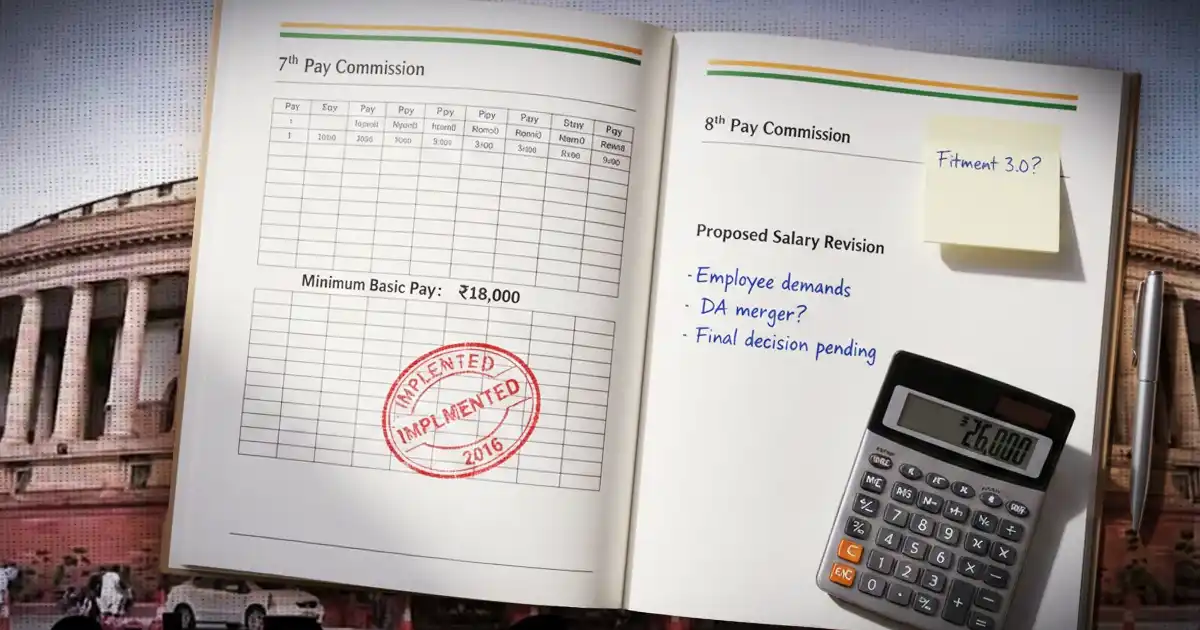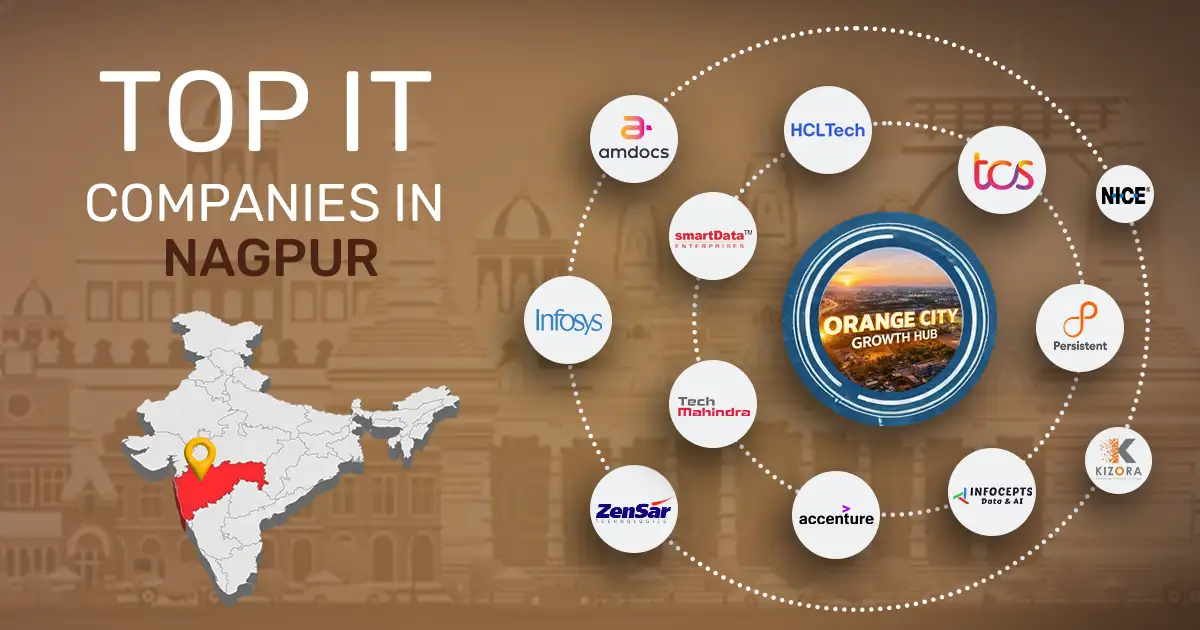
Overview
India is developing rapidly, but this growth brings both advantages and disadvantages in various aspects of our lives. Consequently, health issues are increasingly prevalent, including COVID-19, hypertension, diabetes, and pollution-related heart diseases.
A medical store business in India is a smart decision. The healthcare industry is rapidly growing, and people require convenient access to medicines and healthcare products. By taking the right steps, you can legally and successfully operate a trusted and profitable store.
By implementing careful planning and obtaining the necessary licenses, your store can successfully address genuine needs while fostering lasting trust with customers. Keep reading to discover how to establish your medical store for the best possible results.
Why Start a Medical Store Business in India?
India has a large and growing pharmaceutical market. Increased health awareness and frequent doctor visits lead to a higher demand for medications. Hence, starting a medical store business in India is a reliable and profitable business in today’s market. This sector has great potential, whether you are a pharmacist or an investor. Let’s explore the key reasons why opening a medical store is not just profitable, but also impactful in the long run.
1. Consistent and Growing Demand
The healthcare industry in India is expanding rapidly, and pharmacies are its backbone. Unlike other businesses, the demand for medicines and healthcare products remains stable throughout the year. People rely on medical stores daily for prescriptions, over-the-counter drugs, health supplements, and essential medical supplies. This continuous demand ensures a steady flow of customers and predictable income.
2. High Profit Potential
Medical stores generate significant profits through high-margin products. While prescription medicines usually offer a margin of 15–25%, over-the-counter medicines and supplements have even higher margins up to 40%. With the right strategic pricing, even a small medical shop can earn ₹1–2 lakhs monthly. As your customer base grows, so does your revenue potential
3. Expanding Healthcare Infrastructure
India is witnessing major developments in healthcare infrastructure, especially in tier 2 and tier 3 cities. With the government focusing on public health, hospitals and clinics across the country are being affected. All these healthcare units need a well-stocked medical store nearby, opening up enormous business opportunities in both urban and semi-urban areas.
4. Supportive Government Policies and Schemes
To encourage healthcare entrepreneurship, the Indian government offers various schemes and incentives. Under Startup India and MSME, new medical stores can access low-interest loans, subsidies, and tax relief. These benefits reduce financial pressure during the early stages and make the business more viable.
5. Franchise Options with Proven Brands
If you prefer a different high-end model, you can opt for a pharmacy franchise. Reputed brands like Apollo Pharmacy, MedPlus, and Netmeds offer franchise opportunities with built-in systems, training, and marketing support. This reduces risk and boosts your chances of success in a competitive market.
6. Meaningful Impact on Society
Owning a medical store also allows you to make a difference in people’s lives. You’re not just selling products, you’re providing access to life-saving medicines and improving community health. This sense of purpose adds value beyond profit and builds a strong reputation in your locality.
Steps to Start a Medical Store Business in India
Setting up a medical store in India involves a series of legal and operational steps. Here’s a step-by-step guide to help you start smoothly and legally:
Step 1: Choose the Right Location
Choose a location that is easily reachable and highly visible. Areas near hospitals or busy roads tend to attract the most customers, both regular and walk-in.
So, choose your medical store location wisely.
Step 2: Get the Required Licences
To open a medical store in India, you must follow the legal compliances according to Indian law. Here’s what you’ll need:
- Drug Licence
Apply at the Central or State Drugs Control Department. You need this to legally store and sell medicines. This certificate, issued by the Drug Control Department, this license confirms that your store meets the standards for storage, dispensing, and sale of pharmaceutical products.
For detailed guidelines, refer to the Central Drugs Standard Control Organization (CDSCO).
- GST Registration
Get a GST number to pay and collect tax. It’s also needed for business loans and wholesale deals. GST registration is mandatory for tracking sales and ensuring tax compliance. Additionally, you may need other permits depending on local regulations and the specific nature of your business.
For a seamless GST registration process, RegisterKaro is your trusted partner.
- Shop and Establishment Certificate
This document is issued by your local municipal authority. It serves to confirm that your business is legal and officially recognized.

Step 3: Plan Your Finances
Proper financial planning is key to launching a successful medical store. Understanding your initial investment, ongoing expenses, and potential revenue streams will help you set realistic goals. You need to plan your budget before launching. Here’s a basic breakdown:
- Rent: Varies by city and location.
- Inventory: Initial stock of medicines and products.
- Furnishing: Shelves, counters, air conditioning, lighting.
- Cold Storage: For temperature-sensitive drugs like insulin or vaccines.
- Staff Salary: Pharmacist and support staff.
- Licensing & Legal Fees: As per the legal compliances and rules & regulations.
Step 4: Funding Options
Use your savings or apply for a small business loan. Government schemes are available for pharmacy businesses too. Schemes like The Prime Minister’s Employment Generation Programme (PMEGP), a government scheme aimed at generating sustainable self-employment opportunities, particularly for individuals looking to start micro-enterprises.
Step 5: Hire Qualified Staff
You need a registered pharmacist to run your medical store. They must hold a degree or diploma in pharmacy. Also, hire helpers for billing and store management. Make sure all staff follow health and hygiene standards.
Step 6: Source Medicines and Suppliers
Choose reliable wholesalers or distributors. Make sure they supply original, approved medicines. Build long-term relationships to get better rates and credit options.
Track Stock and Expiry
Use software to manage stock levels and expiry dates. This helps avoid waste and ensures customer safety.
Step 7: Market Your Business
To effectively reach your audience, it’s essential to utilize a combination of both online and offline marketing strategies. Here’s a detailed approach:
Offline Ideas
- Distribute flyers near hospitals and clinics.
- Offer discounts on first purchases.
- Partner with doctors for referrals.
Online Ideas
- Create a Google Business profile.
- Share health tips on social media.
- Offer medicine home delivery in your area.
These ideas help your medical store stand out and grow faster. Contact us for expert guidance and start your medical store today with RegisterKaro!
Step 8: Think About Future Growth
Once your store is running seamlessly and the daily operations are well-established, take some time to explore exciting new opportunities.
1. Add Home Delivery
Offer free or paid delivery for older people or busy customers. It improves convenience and loyalty.
2. Go Digital
Set up an online pharmacy website. You can take orders online and expand to nearby areas.
3. Partner with Clinics
Work with nearby clinics for bulk supply or referrals. This creates a win-win situation.
Conclusion
Starting a medical store in India can be a lucrative venture, but it requires careful planning and adherence to regulations. With the right licensing, inventory management, and compliance with drug laws, entrepreneurs can set up a successful store. By addressing challenges such as competition and sourcing quality products, you can ensure steady growth and customer trust. The key is to stay informed and make data-driven decisions for long-term success in this essential business.
Frequently Asked Questions
The required investment varies based on location, store size, and inventory. Typically, initial costs include rent, stock, licensing fees, and staffing. Detailed financial planning is recommended.




